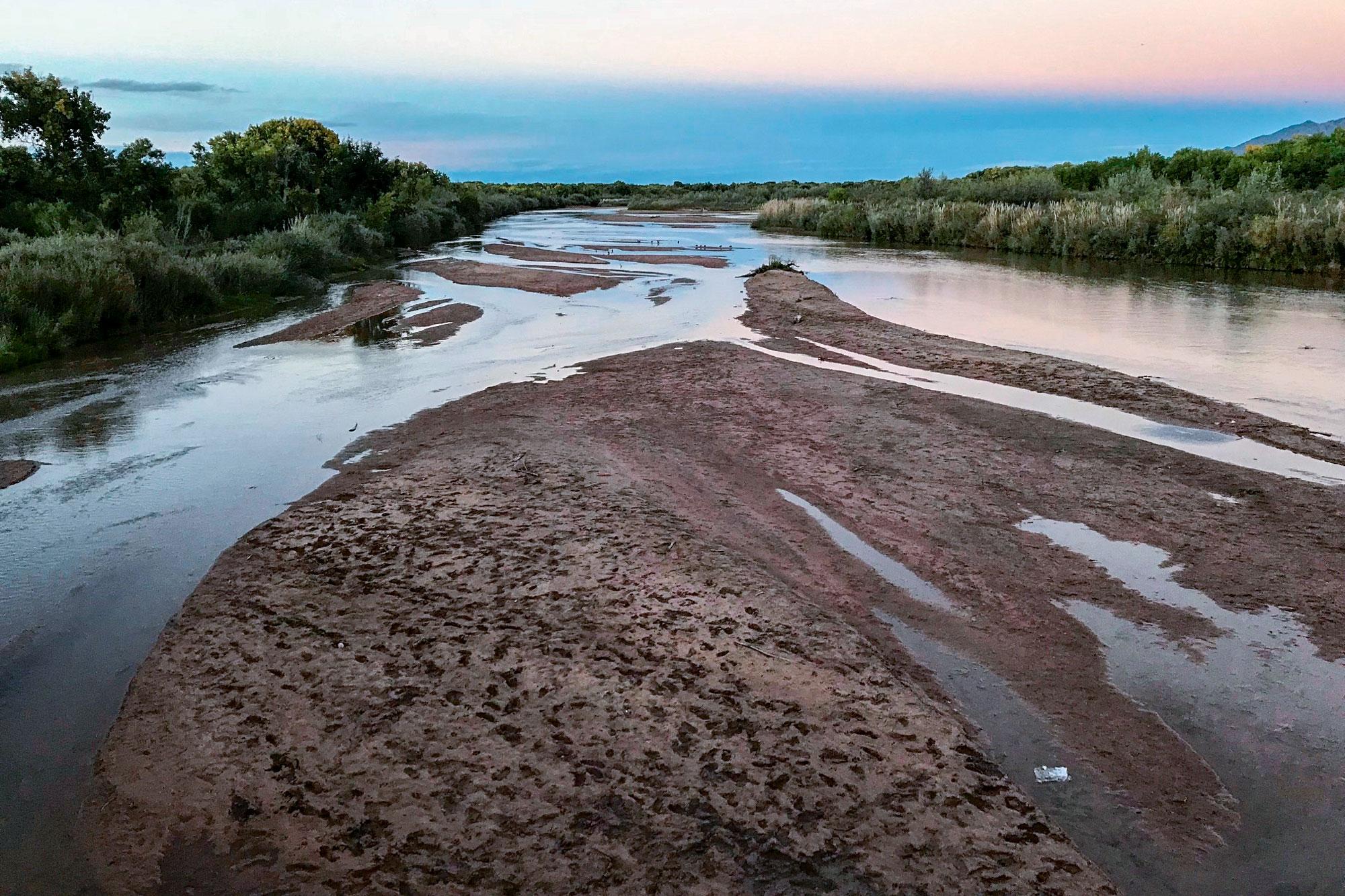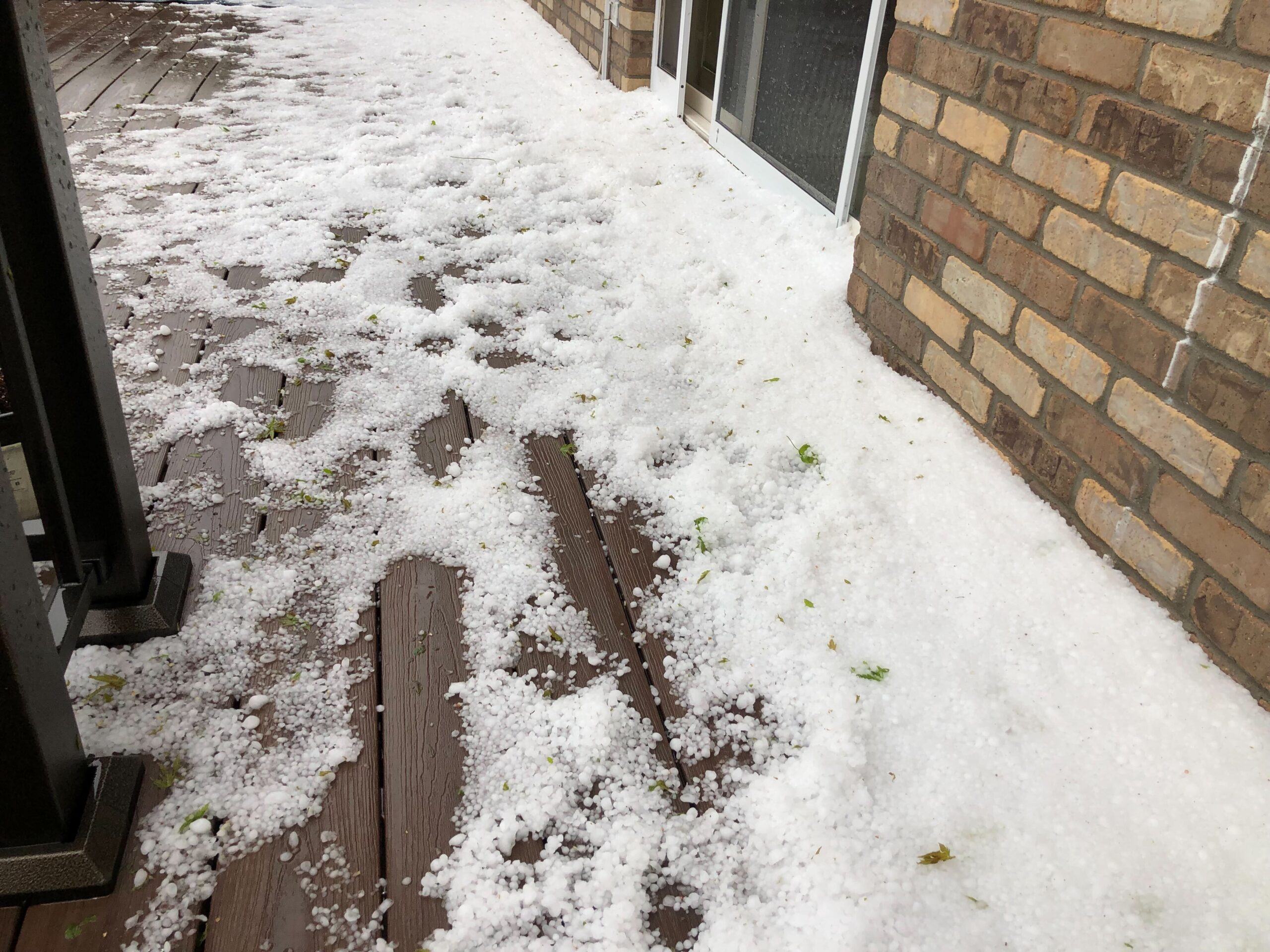

Environmentalists are challenging a court ruling over whether water from the Rio Grande is properly accounted for and being used in beneficial ways as it flows through New Mexico’s most populated region.
They say the state’s top water manager needs to do more to reduce use in the Middle Rio Grande Valley, but irrigation officials say they’re already doing the best they can as years of drought have strained resources.
The latest federal drought map shows the driest area covers portions of New Mexico, Arizona, Utah and Colorado. That includes the headwaters of the Rio Grande in the southern Colorado mountains.

This year marked one of the lowest spring runoff seasons along the Rio Grande in decades. Federal and local water managers have had to broker agreements to keep the river flowing through central New Mexico while stretches in the south have gone dry.
The appeal stems from a lawsuit filed in 2016 by WildEarth Guardians. The group sought to have the Office of the State Engineer require the irrigation district that serves farmers throughout central New Mexico to prove the beneficial use of the water it delivers under a decades-old permit.
According to the group, the state Constitution provides that beneficial use is “the basis, the measure and the limit of the right to the use of water” in New Mexico.
A state district judge declined to step in, saying it is the state engineer’s discretion to uphold the requirement for proof of beneficial use.
Without court action the river will continue to be sucked dry, said Jen Pelz, the wild rivers program director at WildEarth Guardians.
“The reality of these times demands that the basic limitations on water use are met,” she said. “Our litigation seeks just that, to enforce key provisions of state water law to safeguard and conserve water for our rivers.”
The state engineer’s office stands by the previous ruling. Agency spokeswoman Melissa Dosher-Smith said Wednesday the state engineer has broad discretion to carry out the duties of the agency and that’s central to the orderly administration of water in New Mexico.
Mike Hamman, the chief engineer and CEO of the Middle Rio Grande Conservancy District, said the environmental group is attempting to undermine the district’s water rights.
Rights in the basin have been appropriated based on historic diversions documented before the creation of the district in 1923 via the Conservancy Act and after, he said.
Hamman said stakeholders in the valley judiciously managed what little water was available this year to prevent massive drying from Albuquerque to Elephant Butte Reservoir.
His dismissed allegations that water users in the valley don’t care about the river and its future.
“We are on the ground doing the hard work every day,” he said, “utilizing scarce agency resources for both preserving the agricultural way of life that has existed here for over 200 hundred years as well as taking dramatic steps to preserve and restore the river as it exists today — not what some wish it to be without development.”









